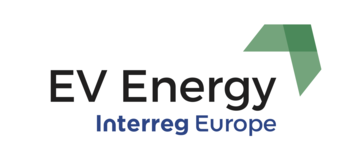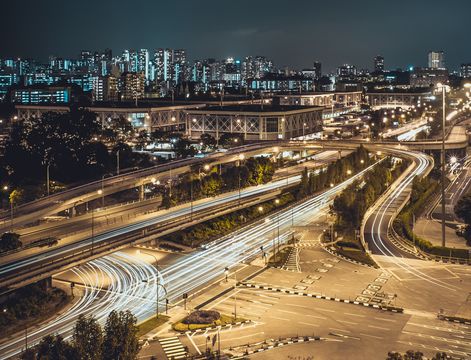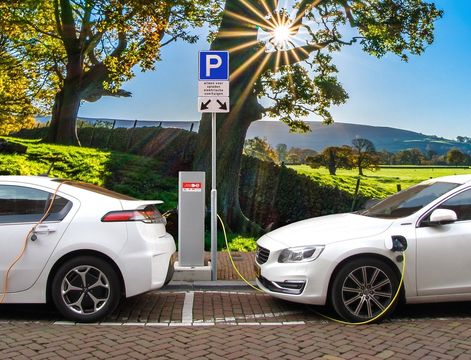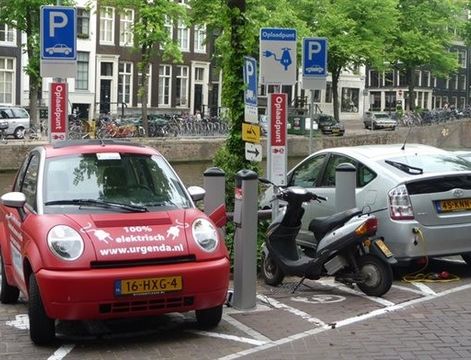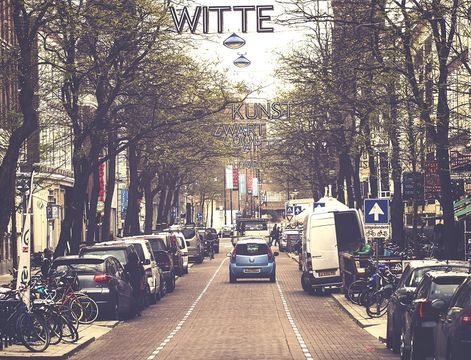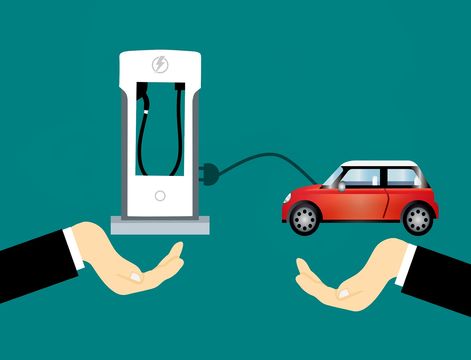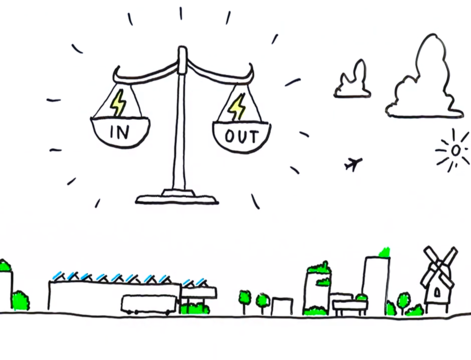The Regional Association of Lazio Municipalities (ANCI Lazio), partner in the EV Energy project, carried out regional stakeholder meetings with players in the field of EVs, renewable energy and ICT. The meetings’ attendees ranged from private companies and SMEs to the “Mobility 2o Consortium”, universities, research institutes and public administration representatives.
The purpose of the meetings was primarily to inform the stakeholders about the EV Energy project and its objectives. ANCI Lazio further aimed to open the dialogue with these key actors on topics relevant to the project in order to exchange information and ideas, establish fruitful relations and evaluate the potential for future cooperation. Eventually the meetings served to collect good practices in the region and information to start drafting a SWOT analysis.
Who are the stakeholders ANCI Lazio met and what’s their role for EV Energy?
Companies and business associations present their projects, views and contributions to a sustainable urban development
The “Think Green” project by GLS enterprise is about ecologically friendly goods delivery with 100% EVs in the inner city of Rome. A great private initiative to reduce CO2 emissions in logistics!
NISSAN as one of the leaders in the electric mobility market aims to produce cars with enhanced battery storage able to exchange data and information. NISSAN criticises that the national government is more committed to stimulate methane and hybrid vehicles instead of EVs. Those two technologies only help to reduce air pollution but not CO2 emissions.
The energy supplier ENEL encourages electric mobility and renewable energy in Italy and provides E-charging stations. Some of their showcases are the “Boxes stations" (installed in private garages) and "Multi‐standard Fast Recharge" (for motorways). They remarked that there is a large potential to replace the old buses in Rome (average 12 years) by electric ones.
The UMPI power-line is a multifunctional and interlinked charging system for EVs and a smart-enabling platform (V2G and Smart Grid compatible). It offers an opportunity for cost reduction and increased mobility efficiency of city services.
ACME Systems, a company specialised in the production and trade of electronic components, has highlighted the fundamental importance of renewable energy. In 2013, the country adopted a new National Energy Strategy which includes a 38% target for electricity consumption from renewable sources in order to fully comply with EU targets.
Federlazio, an organisation representing businesses in Lazio, remarked that the private system for EVs is growing in Rome whilst the public system is still late. However they would like SMEs to acquire an increasingly important role in the development of EVs.
The Mobility2oConsortium – exchange platform and key stakeholder of EV Energy project
 M2o is a consortium with the aim to bring together key players from the sector of Transportation, Energy, Logistics, Mobility, and Environment (T.E.L.M.A.) to provide expert advice and specialised solutions in these areas. TELMA Lab is the core of M2o consortium. It is the place where companies, associations, institutions, start-ups and research institutes come together to share technologies and good practices and give answers to future challenges. The Laboratory aims to be the reference point for policy makers who operate within the TELMA areas. As a takeaway message from the meeting with M2o one could note that the potentialities of technologies are still underestimated and not exploited to its full extend.
M2o is a consortium with the aim to bring together key players from the sector of Transportation, Energy, Logistics, Mobility, and Environment (T.E.L.M.A.) to provide expert advice and specialised solutions in these areas. TELMA Lab is the core of M2o consortium. It is the place where companies, associations, institutions, start-ups and research institutes come together to share technologies and good practices and give answers to future challenges. The Laboratory aims to be the reference point for policy makers who operate within the TELMA areas. As a takeaway message from the meeting with M2o one could note that the potentialities of technologies are still underestimated and not exploited to its full extend.
A scientific point of view: The role of research in achieving sustainability in cities
 KAUST SRI - Center for Uncertainty Quantification in Computational Science & Engineering presented simulation models based on complex algorithms able to identify the most appropriate future energy strategies for the city of Rome and Italy.
KAUST SRI - Center for Uncertainty Quantification in Computational Science & Engineering presented simulation models based on complex algorithms able to identify the most appropriate future energy strategies for the city of Rome and Italy.
"Rome for a Green and Smart City" initiative is a laboratory of the PDTA Faculty of Architecture at Sapienza University of Rome that investigates about the energy efficiency of existing and new buildings, the modernisation of the power grid, the introduction of renewable energy sources as well as Smart Mobility plans to integrate environmental, economic and social objectives to mobility planning.
Rome’s public sector plans and approaches to sustainability
The “Sustainable Energy and Climate Action Plan” of Rome is in progress and electrical mobility plays a key role in it.
The City Council established the "Forum Ambiente" of Rome in 2017, which consists of citizen consultations aimed at identifying strategic policies as well as monitoring the effectiveness of actions put in place.
The "Permanent Environment and Health Observatory" has recently been established as a space for integrating environmental data to monitor and control the quality of the environment as well as significant socioeconomic indicators for the health of Rome’s population.
